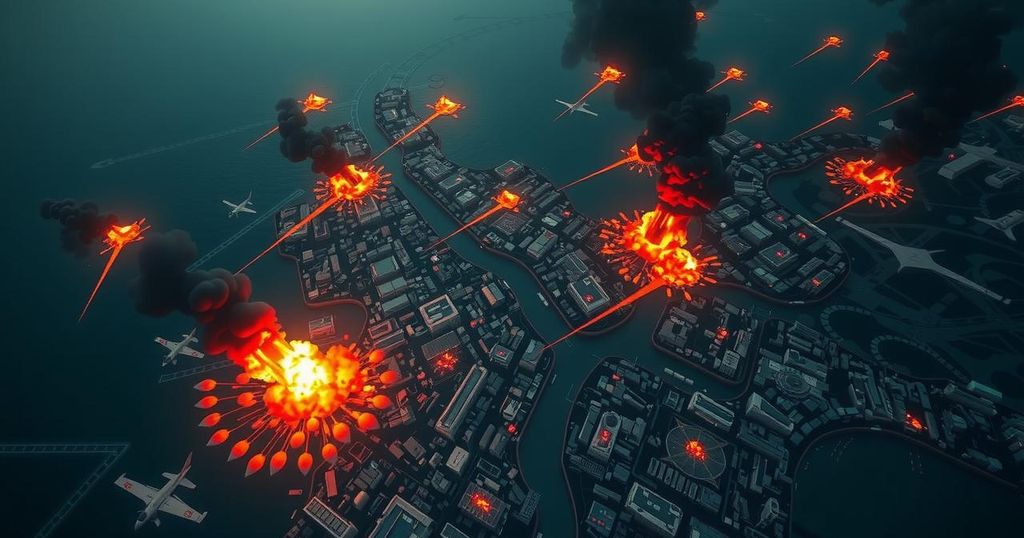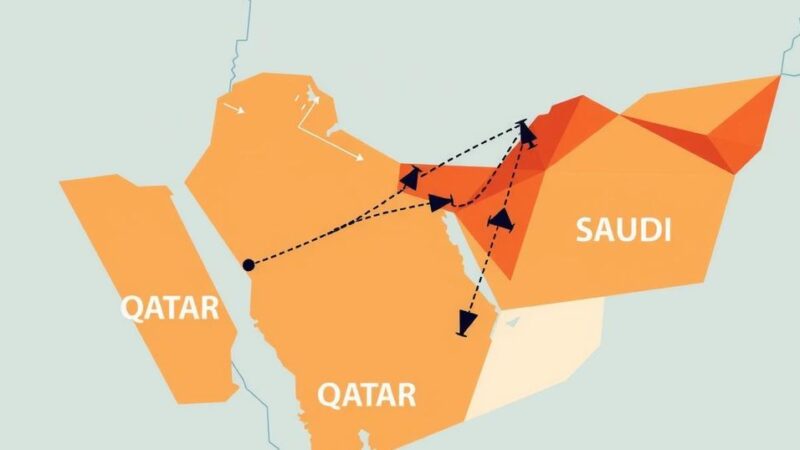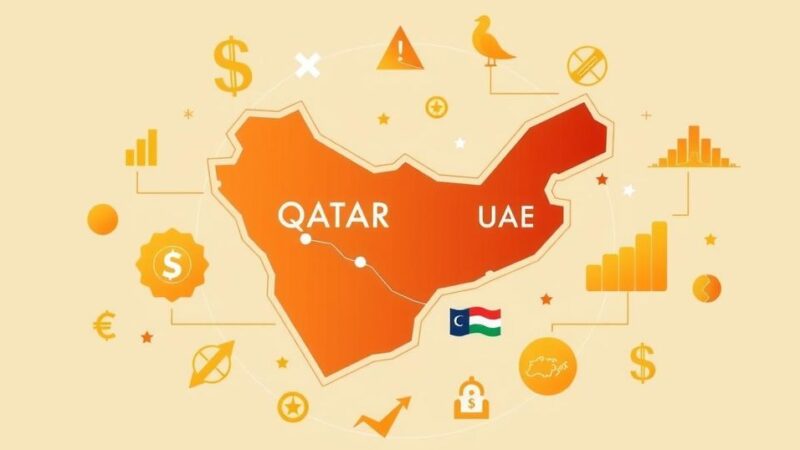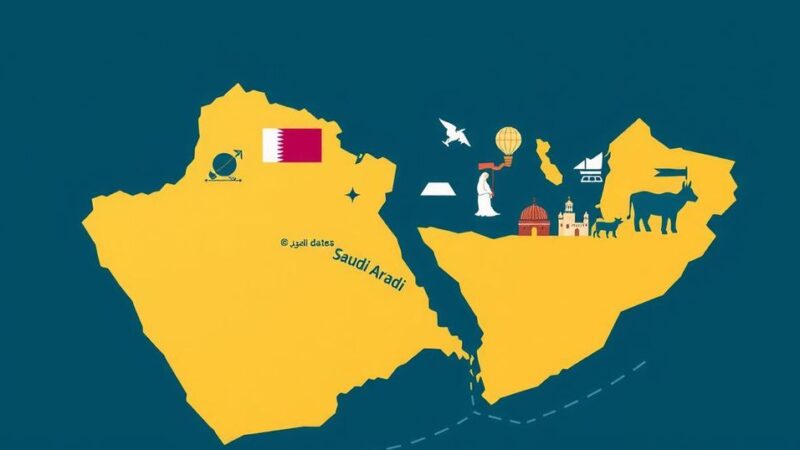Israeli air strikes have killed over 100 people across Gaza and Lebanon, with significant casualties reported, including an attack on a school in Shati refugee camp. Lebanon confirmed 53 deaths and over 161 wounds from recent Israeli actions. Former Defence Minister Yoav Gallant raised concerns over military strategies, while Ireland plans to participate in legal actions against Israel. Israel’s significant military procurement from the US adds another layer to the ongoing tensions.
Recent Israeli air strikes have resulted in the deaths of more than 100 individuals across Gaza and Lebanon, as reported by various medical and governmental sources. In Gaza, at least 52 fatalities were recorded on a single day, including 12 victims from an attack on a school sheltering displaced Palestinians in the Shati refugee camp. Meanwhile, the Lebanese Ministry of Public Health confirmed that over the past 24 hours, Israeli actions in Lebanon have led to 53 deaths and 161 injuries. In addition, an Israeli drone strike in Sidon resulted in the injury of six Malaysian peacekeepers affiliated with the United Nations. Amidst these escalating tensions, former Israeli Defence Minister Yoav Gallant cautioned that continued military operations in Gaza may bear significant repercussions for Israel. He expressed uncertainty about persuading Prime Minister Netanyahu to agree to a ceasefire. Also noteworthy, Ireland has announced plans to support South Africa’s legal challenge against Israel at the International Court of Justice before the year concludes. In a separate development, Israel’s Defence Ministry revealed a procurement agreement for 25 advanced F-15 aircraft from the United States, worth approximately $5.2 billion. This multitude of events underscores the ongoing severity of the situation in the region.
The recent conflict between Israel and Gaza has escalated dramatically, with air strikes leading to considerable casualties among civilians. The Shati refugee camp in Gaza City, which has been heavily affected, houses many displaced individuals. The broader regional implications of the conflict are exemplified by Lebanon, where Israeli strikes are also resulting in civilian casualties. The responses from various countries, including international legal actions and military procurements, indicate a significant geopolitical context to the hostilities. Additionally, the military strategies and statements from Israeli leaders reflect the internal debates regarding the efficacy of continued military presence in the region.
The escalation of violence in Gaza and Lebanon has resulted in the unfortunate loss of life and injuries to numerous civilians, highlighting the urgent need for a diplomatic resolution. Global reactions, including potential legal actions and military agreements, illustrate the complex and interwoven nature of regional conflicts and international relations. As the situation continues to develop, the impacts on local populations and international policies will require careful monitoring and discussion.
Original Source: www.aljazeera.com






